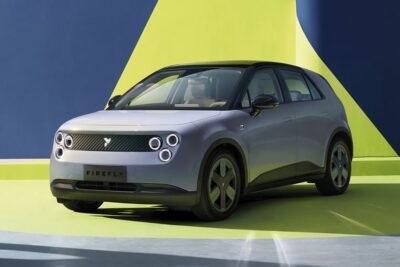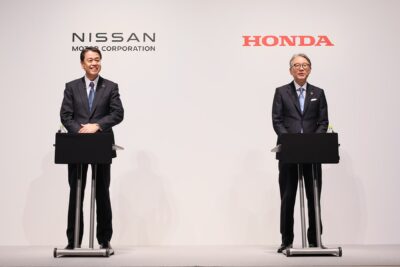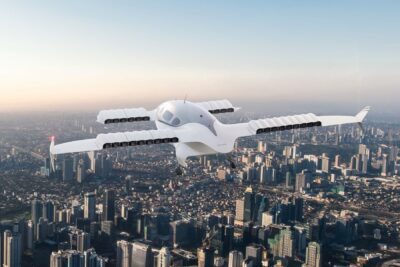Evergrande invests 23 billion in EV production
The plan is to build one production facility for no less than one million electric cars per year and two additional plants for the production of batteries with a total capacity of 50 GWh per year. In addition, electric motors and electronic control systems are to be manufactured in-house in one of the factories.
The Hong Kong-based real estate giant Evergrande Group has ambitious plans in the electric car business and has quickly been acquiring the necessary know-how – from the battery cell to vehicle production. After investing in Faraday Future, which was a rocky entry into the electric vehicle business, the two companies settled on Evergrande holding 31 per cent of the US startup’s shares. Shortly afterwards, Evergrande moved decisively along the electric vehicle product chain. In January this year, Evergrande Health became the new main owner of NEVS – Saab’s all-electric successor – as well as acquiring 20 per cent of the shares of similarly Swedish sports car manufacturer Koenigsegg. In March this year, Company boss Hui Ka Yan announced that “Evergrande aims to become the largest and strongest electric vehicle group in the world within three to five years.”
In early June, Evergrande’s new daughter NEVS also acquired Protean Electric, a British specialist for wheel hub motors, which are to be used in the electric vehicles of both NEVS and Evergrande. In addition, the Group has taken over the Chinese-Japanese joint venture Shanghai Cenat New Energy Co to develop battery cells.
Evergrande is a cash-heavy enterprise ready to make opportunities by means of massive investments and integrating technologies along the industrial chain. Evergrande only announced plans to enter the electric vehicle market last year, and it has already acquired key technologies in the sector. The company is indeed poised well to make the most of dramatic growth in electric automotive markets in China. China’s EV sales are already the largest in the world and only set to grow more, as the government continues its goal-driven policies to completely transition transport off fossil fuels. Just this week, South China’s Hainan Province issued a plan to boost the development of new-energy cars, while the sale of fossil-fuelled cars will be completely banned by 2030. The province has also targeted the complete upgrade of its public service vehicle fleet with those powered by clean energy, a step which will already be implemented by next year.
In order to regulate the somewhat wild boomtown atmosphere of the Chinese EV industry the Chinese government has been cutting EV subsidies and will abolish them completely next year, while promoting EV sales, by taking off the limits on license plates for electric cars, as well as regulating startups, in an effort to raise competition and quality in the Chinese electric automotive markets.
Hong Kong-based Evergrande is said to maintain good contacts with mainland Chinese politicians: Evergrande has a finger on the pulse of incoming regulations and goals. Chinese media are also speculating that Evergrande, along with other Chinese electric car manufacturers, could in fact profit from the current trade war with the US, backed up with strong domestic EV production. In contrast, US brands such as Tesla, GM and Ford may find it increasingly difficult should the Chinese government decide to hit back against the US government by means of impeeding US companies in China.
globaltimes.cn, evergrande.com (in Chinese)





1 Comment